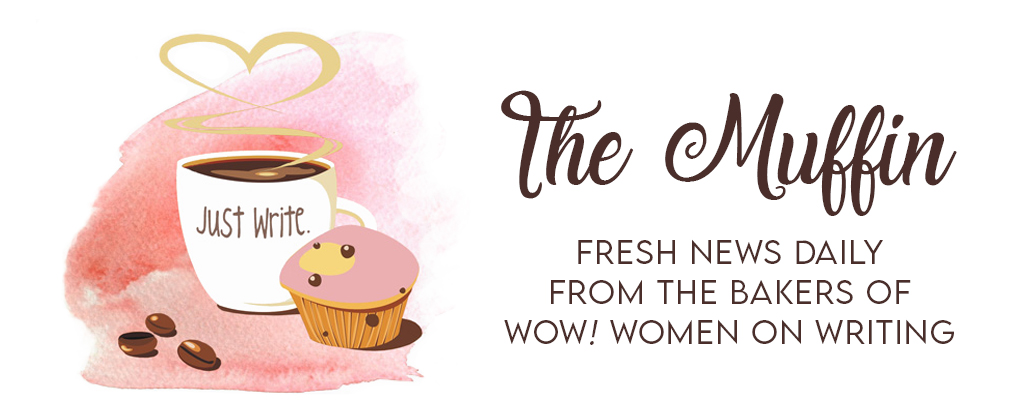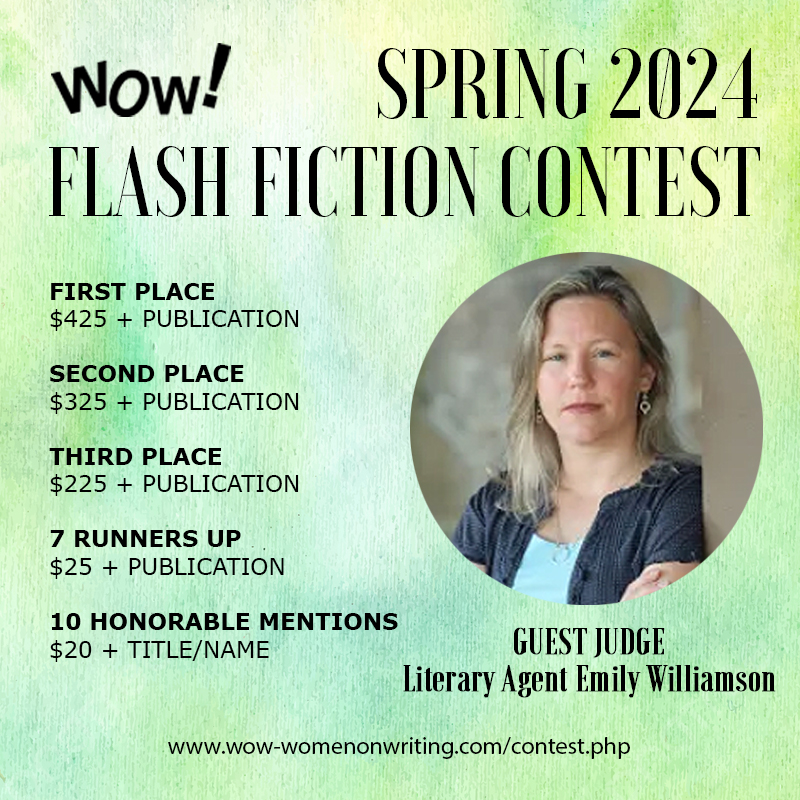 |
| Cathy-on-a-Stick with sister survivor, Scarlett |
I signed on for a professional manuscript critique, and when it was over, I staggered from my seat feeling like Georgia after Sherman marched through it. In fact, I wondered if the critiquer had used Sherman’s slash-and-burn methods (metaphorically) in the hopes that I would use Sherman’s methods (literally) so that no one would ever have to read what I had wrought.
That’s the way it goes with manuscript critiques. Sometimes, they’re very good; other times, they’re just plain rotten. And that can be for the very same manuscript. But I’ve learned how to survive the bad evaluation and go on my merry writing way. And you can, too.
Give Yourself Time
You will want to scream and yell and rip your pages to shreds. Or you will want to bury every shameful word you’ve ever written in a deep, dark hole. Perhaps you will want to bury the critiquer in a deep, dark hole. But what you must do instead is give yourself some time so that the raw emotion swirling in your soul can recede.
I know it’s tempting to wallow in misery, or worse, rant and rave, especially to friends and fellow writers. But resist the urge to vent loudly (particularly if you are within shouting distance of other professionals) and save the tears for the bathroom stall. Find a quiet spot and collect yourself so that you can move on.
Good, Old Perspective
It’s tough when you receive tough criticism. It’s tougher, really, than a curt “not for me” rejection. Because with a critique (which you paid for!), you are forced to sit through the excruciating exercise of someone telling you exactly why your work stinks. What you need is a little perspective.
Here’s what I do. I give myself a pep talk. I think of a time I’ve been challenged and how I survived, and I start to feel a bit empowered. And then I count all the wonderful blessings of my life, and I start to feel grateful. It’s not long before good, old perspective kicks in. The world will keep spinning, friends and family will still love me, and I’ve still got a pretty nice roof over my head—even if my manuscript is the pits. I’m ready to move on to the truth.
Facing the Truth
In the midst of curling into a fetal ball, you may not be ready for the truth of your evaluation. But after time, and a healthy dose of perspective, you can take a look at the notes thoughtfully provided by your critiquer. You can relive that less-than-delightful one-on-one experience and maybe even recall some of what was said.
First, look for the positives. I guarantee you that there will be a note or two of praise in your critique. Second, cling to those words as you peruse the pages and perhaps you’ll have the courage to accept the flaws of your work. You can fix flaws.
Or you can chuck that manuscript and start on something new. Or you can even ignore the entire evaluation. But don’t let one bad critique defeat you. Get back to work and write. After all, tomorrow is another day.
~Cathy C. Hall












9 comments:
Excellent post, Cathy! Taking some time and getting some perspective are the keys to being able to look at a critique - both positive ones and not so positive ones - more objectively.
Chocolate also helps. :)
I'm pretty partial to the book version of Scarlett so this post grabbed my eye quick. And since I'm heading to my first writer's conference next month (and my second in Feb) this was perfect timing. I'll try to be ready to take anything they toss at me.
Keep in mind, too, that it may be the critiquer's baggage and need to feel superior that's part of it. Or their need to make everyone else fit the mold of their own writing. I saw a man reduced to tears months after a critique from someone who was particularly nasty about it. Thing is, I knew her, and I knew that she was unnecessarily nasty to everyone.
This doesn't mean you can completely disregard the valid criticism you receive, but it does mean that you can step back and evaluate the source of the criticism.
Um, Cathy? Did you happen to be a fly on the wall during my recent conference? This sounds eerily familiar, right down to the bathroom stall part! I'm still trying to recover, and I'm glad you are able to share your experience with such a dose of humor! I learned the very important lesson of signing up for two different critiques of the same manuscript--I am kicking myself for not doing that this last time around. This post helps put everything in perspective, although, I have to say, there were absolutely no positive aspects of my manuscript that were highlighted, which most likely led to the bathroom stall part!
Luckily I have another manuscript close to completion that I've been focusing on to help take my mind off the skewering (why I didn't sign up to have that one critiqued too I'll never know). I can agree with some of the flaws pointed out during my critique, I just wish they had been presented a little more positively. I wish you the best of luck with your WIP!
You are the THIRD PERSON this month who has had a bad experience at an SCBWI critique. Hmmm--and at different places. Here's what I think: I critique and coach writers for a living. I have to tell people the truth all the time, but I have NEVER read a manuscript for kids that was all bad. The idea is good, or the writing is good, or one character stands out. I always build on that. THEN I suggest ways to change it and try to give examples. That's how my critique group critiques me, and that's how I try to critique, too. I am not sure what is going on. I love SCBWI and I love their conferences, but I don't think I would ever pay for another one.
My chapter (LERA) occasionally does an "American Idol" program, where we submit (anonymously) two to three pages, it's read out loud by someone who's never seen it before, and the reviewers hold up a hand when they would have stopped reading if this was a submission. It's not for the faint of heart but it's an excellent way to really see how your writing stacks up
So, I submitted the book of my dreams a couple years ago, and listened to this person reading and reading and reading. I wanted to jump up and yell STOP even before the reviewers. On paper the pages of description were lovely; read out loud they were maddening. A great learning technique!
It does help that our reviewers were honest but not brutal.
I wasn't sure whether I'd be able to write about this experience-- but I'm so glad that I did. Maybe we need to start an "I survived a bad ms critique" support group. :-)
@Madeline, YES! I might have even included an adult beverage with my chocolate. :-)
@Elizabeth, I prefer the book, too. Scarlett has so much more depth in Margaret Mitchell's pages. Good luck with your first conference!
@Susan, yes, I think you have to separate the personal style from the professional content. But you can't do that unless or until your emotions are in check! (Easier said than done, I know. :-)
@Renee, I'm actually working on a revision (fixing the flaws!) of that manuscript. And good on you, keeping nose to the (writing) grindstone. Just goes to show that you're determined--and that shows me you'll succeed!
@Margo, well, um, yes, it happened to be an SCBWI event. :-) But I've also had great critiques with SCBWI and would sign up again. The thing is, some people, though smart and insightful, don't have the right personality for personal critiques. Maybe they should just stick to written critiques? And maybe SCBWI needs that info. ;-)
Perhaps you needed to guzzle down an adult beverage (or two) BEFORE the critique...That might have livened things up...
This reminds me of parent-teacher conferences. :)
As an editor, you need to be truthful about the work you are critiquing. Share the positives and provide constructive comments for improvement. Once, when I edited a literary magazine that offered critiques, I gave an honest - and probably brutal - truth about the work, including positives and constructive improvements. The author was upset and argued about the critique. When you invest so much time and sweat equity into a manuscript, it's difficult to hear a different opinion, but how you react and approach possible changes that will benefit the manuscript matters most. Glad you choose to use humor, Cath!! :)
Post a Comment